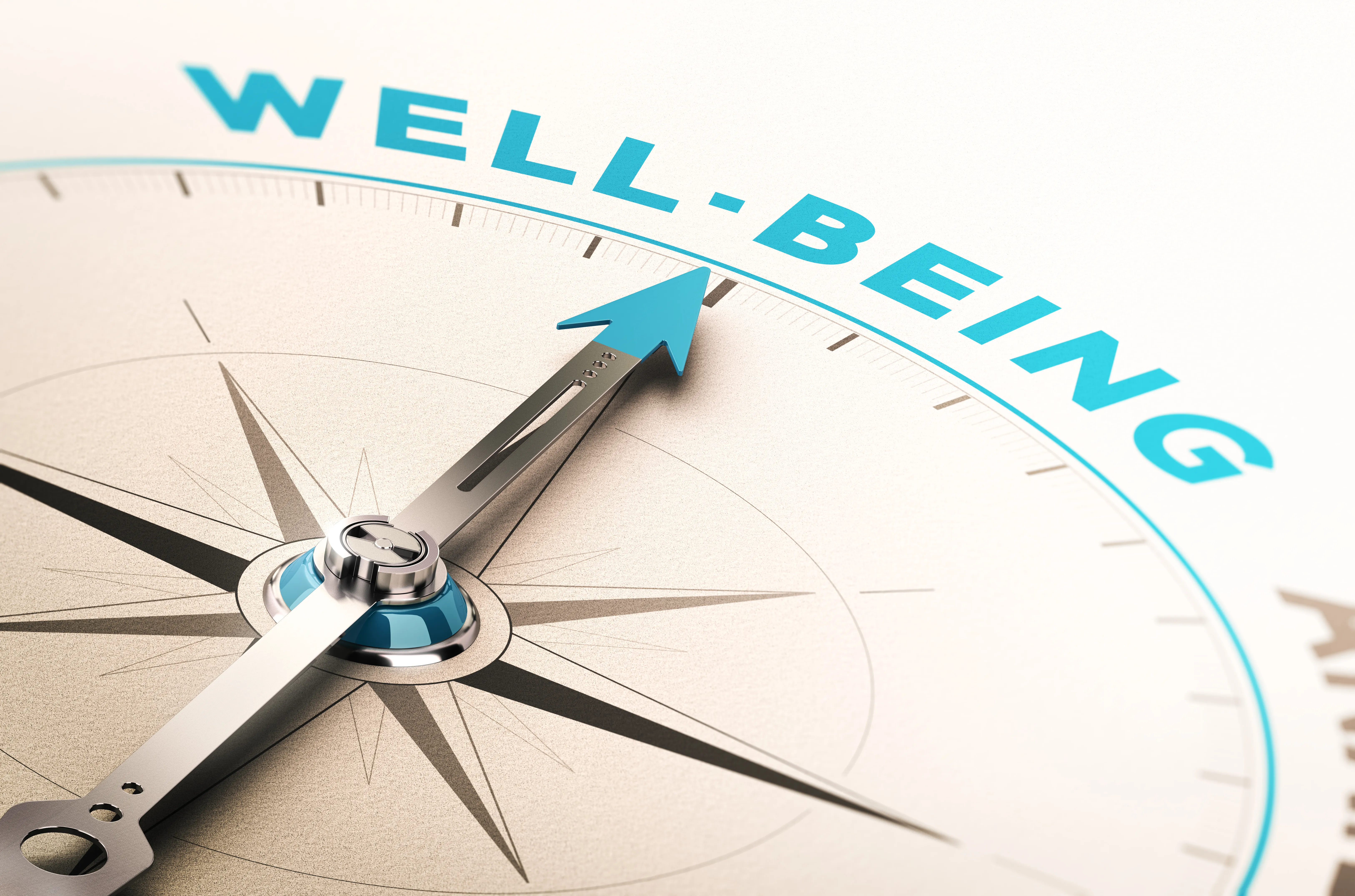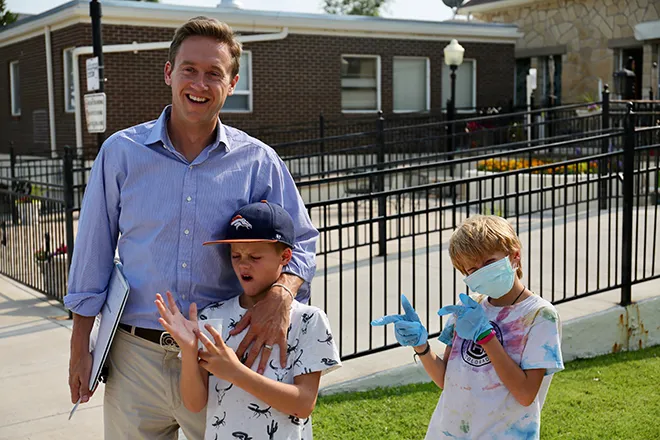
It’s Not Too Late to Vaccinate – Get Your Flu Vaccine Today!
After November when you see signs that advertise: “Get Your Flu Vaccine Here,” you might think, “Isn’t it too late for that?”
As long as flu viruses are spreading, it’s not too late to get a vaccine to protect yourself and your loved ones.
“Flu season typically peaks between December and February but significant activity can occur as late as May,” says Dr. Dan Jernigan, Deputy Director of the Influenza Division in the National Center for Immunization and Respiratory Diseases (NCIRD) at CDC. “We are encouraging people who have not yet been vaccinated this season to get vaccinated now.”
For millions of people every season, the flu can mean a fever, cough, sore throat, runny or stuffy nose, muscle aches, fatigue, and miserable days spent in bed. However, you may not realize that each flu season, flu also causes hundreds of thousands of hospitalizations, and thousands or sometimes tens of thousands of deaths.
But there is a vaccine that can prevent flu. While how well the vaccine works can vary, the benefits from vaccination are well documented. Studies show that flu vaccination can reduce flu illnesses, doctors' visits, missed work and school due to flu, as well as prevent flu-related hospitalizations.
This is why CDC recommends an annual flu vaccine for everyone 6 months and older. Flu vaccine is available as a shot and as a nasal spray. According to Dr. Jernigan, however, “the most important thing is that you get vaccinated, not necessarily which vaccine you get.” Talk to your doctor or other health care professional about which vaccine is best for you and your family.
Some people are at high risk for serious flu-related complications, like pneumonia, that can lead to hospitalization and even death. This includes young children, pregnant women, people 65 and older and people with certain medical conditions, like asthma, diabetes or heart disease. For those at high risk for complications, getting the flu vaccine is especially important. It’s also important to get the vaccine if you care for anyone at high risk, including babies younger than 6 months because they are too young to get the vaccine. To learn more about high risk conditions, visit http://www.cdc.gov/flu/about/disease/high_risk.htm.
Children 6 months through 8 years of age who are getting vaccinated for the first time may need two doses of flu vaccine to be fully protected. If a child has not received his/her first dose, get them vaccinated now. For children who are 6 months through 8 years of age and who have been vaccinated with one dose, parents should check with the child’s doctor or other health care professional to see if a second dose is needed.
“Getting the flu vaccine is simple, and it’s the most important thing you can do to protect yourself and your family from the flu,” says Dr. Jernigan. Millions of people have safely received flu vaccines for decades.
Flu vaccines are offered in many locations, including doctor’s offices, clinics, health departments, pharmacies and college health centers. They also are offered by many employers, and are even available in some schools. So next time you see a sign that says, “Get Your Flu Vaccine Here,” stop in and get one and encourage your friends and family to do the same. Use the HealthMap Vaccine Finder at http://vaccine.healthmap.org to find the nearest location where you and your family can get vaccinated. As long as the flu is spreading, you can still benefit from a flu vaccine.
Most health insurance plans cover the cost of recommended vaccines. Check with your insurance provider for details of coverage. If you do not currently have health insurance, visit www.HealthCare.gov to learn more about affordable health coverage options. For more information about influenza or the flu vaccine, talk to your doctor or other health care professional, visit http://www.cdc.gov/flu or call CDC at 1-800-CDC- INFO (800-232-4636).
















